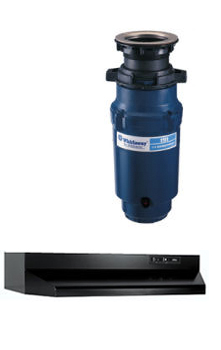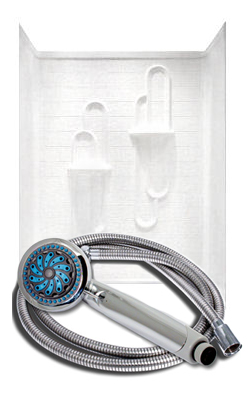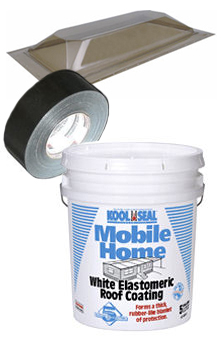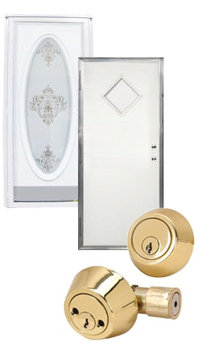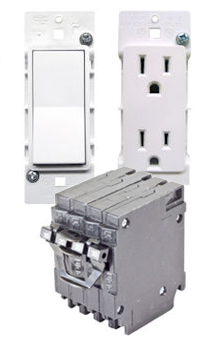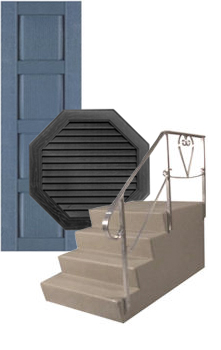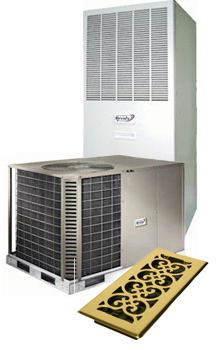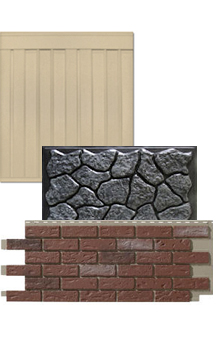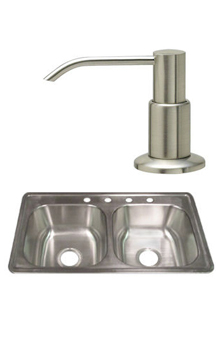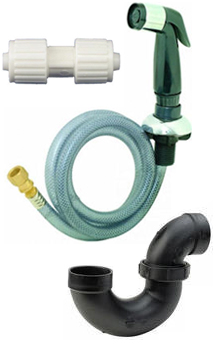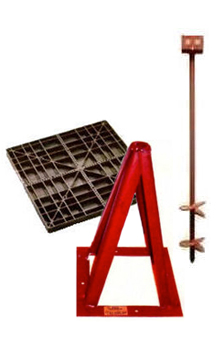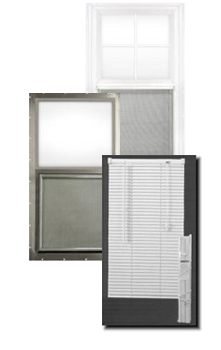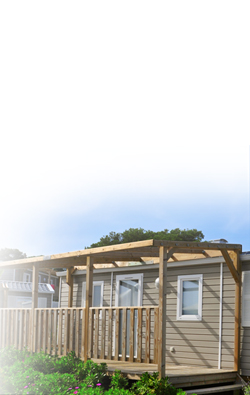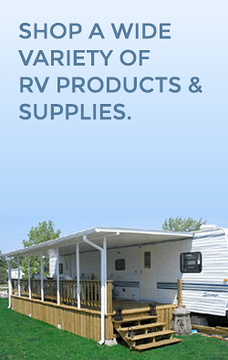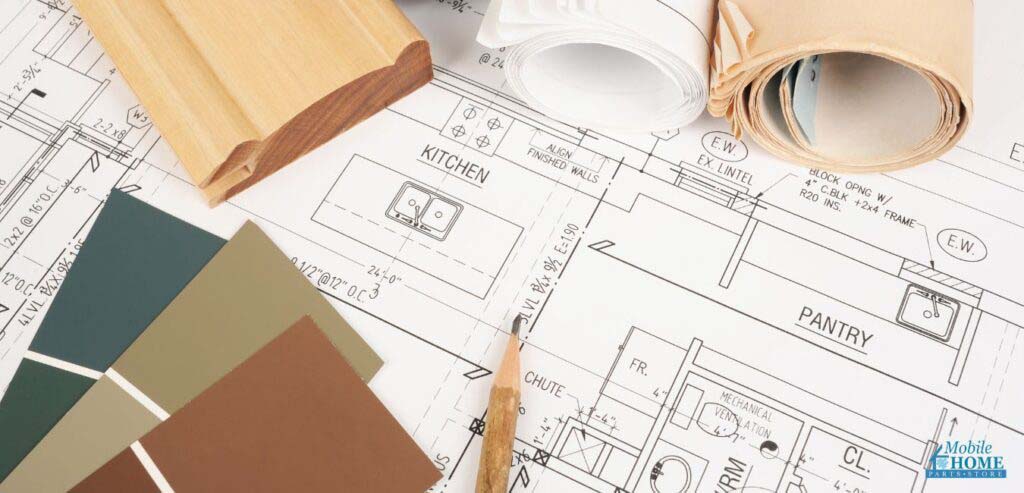 Very little can insight worry more quickly than an unexpected home repair. Whether it’s the roof, furnace, or any other major components of your mobile home, repairs can cost several hundred to many thousands of dollars to fix. Although homeowners can’t escape home maintenance or updates, they can prevent those financial surprises by planning for these inevitable fixes. Here are some essential tips and tricks for planning and budgeting for the occasional hiccups. Let’s embark on this journey to smart budgeting and efficient mobile home maintenance!
Very little can insight worry more quickly than an unexpected home repair. Whether it’s the roof, furnace, or any other major components of your mobile home, repairs can cost several hundred to many thousands of dollars to fix. Although homeowners can’t escape home maintenance or updates, they can prevent those financial surprises by planning for these inevitable fixes. Here are some essential tips and tricks for planning and budgeting for the occasional hiccups. Let’s embark on this journey to smart budgeting and efficient mobile home maintenance!
Average Cost of Owning a Mobile Home
Understanding the expenses associated with your mobile home is key to efficient budgeting. While every home and homeowner is different, most mobile homeowners will face similar expenses. These costs can be divided into two groups: fixed and variable expenses.
Fixed Expenses
Fixed expenses are the consistent monthly or annual expenses of owning a mobile home. Although the amount can vary between payments, the obligation to make a payment is almost inevitable.
These include:
- Mortgage or loan payments
- Land Rental(if you don’t own the land), insurance,
- Property taxes
- Insurance
Variable Expenses
No matter how carefully you plan, you’ll eventually be faced with an expense you didn’t expect. Variable costs can fluctuate depending on usage and unforeseen circumstances. While you can’t predict them, you can anticipate and budget for them. Even if you can’t plan for the specifics, keeping an emergency fund in your budget can help prevent these expenses from leaving a hole in your wallet.
They typically include:
- Utility bills such as water, electricity, and gas.
- Routine maintenance and unexpected repairs.
- Upgrades or improvements.
But how much should you set aside for variable expenses?
How Much Should You Save Each Year for Maintenance?
Don’t get caught with empty pockets. Set aside a portion of your monthly budget in a home repair fund. Even a small amount can quickly add up.
How much you should put aside depends on several factors, including home size, whether you own or rent the land you live on, utility bills, and more. A general rule of thumb is to set aside 1-3% of the home’s value annually for a home maintenance fund.
For instance, if your mobile home’s value is $100,000, you’d want to save between $1,000 and $3,000 yearly. However, older homes might require a higher percentage due to the increased frequency of repairs.
Prioritizing Mobile Home Repairs
 It’s one thing to know how long something will last, but it’s another to figure out how much to save. In general, it helps to prioritize based on age. However, at the end of the day, your circumstances are unique. If you have an urgent mobile home repair, don’t put it off because the issue is near the bottom of this list.
It’s one thing to know how long something will last, but it’s another to figure out how much to save. In general, it helps to prioritize based on age. However, at the end of the day, your circumstances are unique. If you have an urgent mobile home repair, don’t put it off because the issue is near the bottom of this list.
For example, if your roof is 20 years old, you have just a few years before you need to invest in a replacement. When it comes to a 5-year-old furnace, on the other hand, you may not need to save for another decade.
Where to Start with Your Mobile Home Repairs
Not all repairs are created equal. Some are urgent and can affect the safety and functionality of your home, while others are cosmetic. Here’s a list to help you prioritize:
The Roof
Most mobile homes have flat roofs, accumulating snow, water, and debris faster than slanted roofs. Your home’s roof is the first defense against leaks and water damage. Fixing it should be your top priority. Regularly check for water pulling or signs of wear.
Consider applying a mobile home roof coating to help prolong the life of your roof. Mobile home roof coating protects your home from water damage and the sun’s harmful rays. It is a rubberized glue rolled onto the roof, similar to paint.
For more information on Roof repair, check out our latest blog, Finding and Repairing Mobile Home Roof Leaks.
The Foundation
An unsteady or damaged foundation can cause your house to sink or no longer be level. Common signs your house is no longer level:
- Shifting or cracks in drywall at the marriage line, corners, windows, or doors
- Doors won’t latch or open and close easily or at all
- Skirting bulges, twists, or wrinkles
- Hump (crown) in floor
It is recommended to check the mobile homes level 90 days after installation, one year, and then every 3-5 years.
The Skirting
Skirting, also known as underpinning, is a material used to enclose the crawl space of a mobile home. Wrapping around the structure’s entire perimeter extends from the house’s bottom to the ground or the foundation.
Skirting serves many purposes. It helps:
- Provides a protective barrier against pests or critters
- Shields plumbing and structural elements from weather conditions
- Prevents moisture buildup, which can lead to harmful mold growth
Any issues with skirting — such as holes, dents, and rust — can compromise your home’s foundation and risks of weather-related damage. Hence, it’s crucial to repair it when necessary.
The Floor
Soft spots or sagging subflooring can often indicate more significant problems with your home, like a deteriorating foundation or a leaky roof. After identifying and addressing the root cause, repairing your floors is crucial.
If water is allowed to seep into the structure and stay, the home may start to rot and mold. This will also enable air-conditioned and heated air to escape, which will cause you to lose money every month on your energy bill.
The Walls
Stains, holes, or gouges are clear signs of damage to your mobile home wall panels. Like the roof, your home’s walls are a primary defense against the elements. Check for cracks, peeling paint, or water stains. This can help prevent mold and structural problems.
The Electricity and Heating
Improper wiring or damaged heating systems contribute to a large number of mobile home fires. Regularly inspect your electrical systems and heating units to make sure your wiring is up to code, especially in the kitchen and bathrooms.
Possible warning signs to look out for include:
- Hot Outlets
- Flickering Lights
- Aluminum Wiring
- Burning Smell
- Improperly Grounded Flexible Gas Lines
- Loose Outlets
- Messy or Tangled Wiring
- Rodent Activity
The Plumbing
Water damage is a mobile home’s worst enemy. A small leak can quickly become a significant problem, compromising your home’s structural integrity. Check for the following:
- Drips
- Listen for running water
- Thumps
- Fuel smells
- Monitor water pressure
Good Maintenance Practices
 Even if you know what repairs to prioritize, it’s always better to prevent issues instead of fix them once they occur. Consistent maintenance is the key to extending the life of your mobile home and saving money in the long run. Here are some practices to adopt:
Even if you know what repairs to prioritize, it’s always better to prevent issues instead of fix them once they occur. Consistent maintenance is the key to extending the life of your mobile home and saving money in the long run. Here are some practices to adopt:
- Check for Cracks: Inspect walls, ceilings, floors, and windows. This can prevent pests, water damage, and energy inefficiency.
- Keep the Outside Clean: Power wash the exterior of your mobile home annually to remove dirt, mildew, and mold.
- Check Your Windows and Vents: Ensure they’re well-sealed to prevent drafts, water leakage, and energy wastage.
- Clean Your HVAC and Heating Systems: Regular maintenance improves efficiency and extends the lifespan of these essential systems.
Wrapping Up
Mobile home ownership comes with its own unique set of challenges and expenses. From understanding fixed and variable costs to setting aside a budget for inevitable repairs, being proactive is the key to avoiding significant setbacks. Regular maintenance, a keen eye for signs of damage, and smart budgeting can significantly ease the stress of managing a mobile home.
Fortunately, the Mobile Home Parts Store has all the essential tools, materials, and expert advice to tackle your mobile home challenges. As the one-stop shop for all your mobile home repair needs, we’re committed to ensuring your home remains a comfortable, safe, and cost-effective space.
So, why wait for a problem to arise? Equip yourself with the best products and knowledge to confidently keep your mobile home in tip-top shop. Remember, the key to long-lasting mobile home ownership lies in repair and prevention.
Tags: budgeting, maintenance, mobile home, mobile home parts, Mobile Home Parts Store, mobile home projects, mobile home renovation, mobile home repair, Repair


